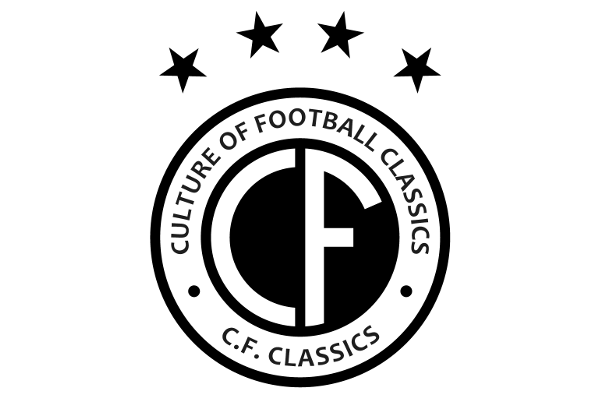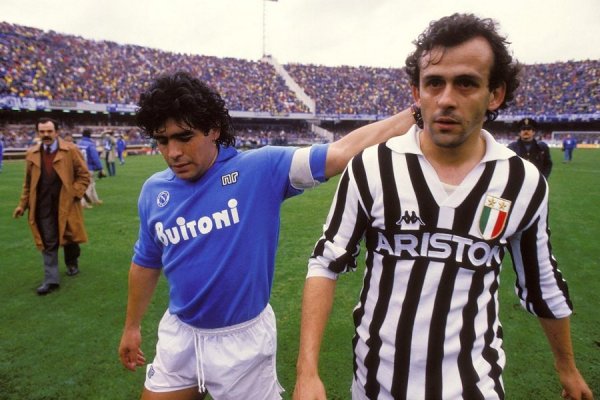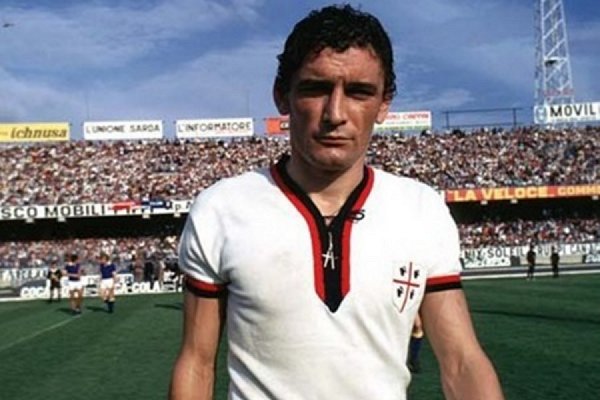Greatest Hungarian Footballers of all-time
The list of Hungary's greatest ever footballers does tend to be dominated by players from the 1950s, but when your nation had produced one of the finest footballing sides that the world has ever seen, the Mighty Magyars then it should hardly be much of a surprise! Up until the World Cup 1954 Final, this golden generation of players had overseen an unbeaten run of 32 games. Unfortunately, just when it really mattered most, they lost their record in the final against West Germany, a team that they'd thrashed 8-3 in the group stages.
The core of the Mighty Magyars consisted of six key players; Ferenc Puskás, Sándor Kocsis, Nándor Hidegkuti, Zoltán Czibor, József Bozsik and Gyula Grosics, all of whom are included in our list, but the country has also produced some other fantastic footballing talents as well...
No.1 Ferenc Puskás
No.2 Sándor Kocsis
One of the core members of the Mighty Magyars in the 1950s, Kocsis is one of football's most prolific strikers. His incredible record for Hungary of 75 goals in 68 matches is the best goalscoring rate of any international footballer in the history of the game. He was pretty good at club level too, from 1945 to 1956 he averaged nearly a goal a game for Ferencváros and Honvéd. After the Hungarian Revolution of 1956, Kocsis left his homeland and moved to Switzerland, playing for Young Fellows Zürich for a season before another László Kubala, persuaded him to join him at Barcelona. He continued to bang the goals in at the Camp Nou and helped the club to two La Liga titles during his time there.
No.3 László Kubala
Kubala was another great attacking talent, his powerful shooting and accuracy in front of goal, backed up by his composure, pace, and dribbling skills saw him play as a forward or attacking midfielder.
Kubala's life and career is a complicated story which saw him fleeing his native Hungary to cross the Iron Curtain in an effort to make a new life in the west. He would eventually end up signing for Barcelona in 1951 and go on to become one of the most iconic players in the club's history. Kubala ended up staying at Barcelona for ten years, winning four La Liga titles and two Inter-Cities Fairs Cups.
No.4 József Bozsik
Bozsik didn't quite get the same publicity outside of Hungary as some of the other members of the Mighty Magyars but he was one of the six core players around which the team was built and is legend in his homeland.
Bozsik was one of the world's best half-backs in the 1950s (he'd be classed as a midfielder nowadays), and whilst he was a strong tackler he was also blessed with great technique and flair, using his playmaking ability to start attacks with his probing passing. He would go on to become the most capped player with the Hungarian national team, playing 101 times, a record that would stand until 2016 when goalkeeper Gábor Király broke it.
At club level he's a legend of Budapest Honvéd, playing for his hometown club for nineteen years between 1943 and 1962. The club's stadium was named after Bozsik in 1986.
No.5 Nándor Hidegkuti
Hidegkuti is often credited as being one of the players who helped revolutionise the way football was played. So, whilst Gusztáv Sebes, the coach and manager of the Mighty Magyars at the time, would mastermind the revolution, creating a flexible system that would see forwards dropping deep and dragging defenders with them, Hidegkuti was one of the players Sebes turned to in order to put the plan into action. Hidegkuti fit the system perfectly because as well as being supremely talented with the ball at his feet, he was also such an intelligent footballer, he understood exactly what Sebes was trying to achieve and could adapt his game to play in any number of attacking positions that he might find himself in.
Born in Budapest, he starred for MTK Budapest from 1946 to 1958, helping them to three Hungarian league titles.
No.6 Zoltán Czibor
Another core member of the Mighty Magyars team of the 1950s, Zoltán Czibor played on the left wing, where his pace and ability to beat defenders gave the team width and provided his teammates with a great outlet. He was also renowned for his powerful shot and his goalscoring rate was excellent for a player primarily being used on the wing.
At club level, Czibor had two years with Ferencváros, winning his first Hungarian League title there in 1949, before a season with another Budapest club, Csepel SC, and then three years with Honvéd, the Hungarian army who dominated the league in the early 1950s. The Hungarian Revolution in 1956 saw Czibor flee the country and he was persuaded by Ladislao Kubala to join him at Barcelona along with Sándor Kocsis. Czibor scored on his debut and went on to win two La Liga titles in his three seasons at the Camp Nou. Whilst he never played for Hungary again after leaving in 1956 he did eventually return to his homeland after his career had finished.
No.7 Tibor Nyilasi
Nyilasi was the big Hungarian football star of the 1970s and 1980s, at six foot two inches he was unusually tall for an attacking midfielder but he was a fantastic talent, not only a great goalscorer but also a player who knitted all the play together with great combination play, passing and positioning. Gusztáv Sebes, the coach of the legendary Mighty Magyars, said that Nyilasi was one of the few players who was good enough to have played in the great team of the 1950s.
No.8 Lajos Détári
An attacking midfielder with an eye for goal, Lajos Détári came through the youth ranks of Honvéd FC before signing professionally for the club in 1980. He was widely recognised at the time as being the greatest talent the country had seen since the 1950s. Unfortunately his career didn't reach the heights that had been expected of him but he still had decent goalscoring records at most of the clubs he played for and renowned for his skill from set pieces.
Having scored 72 goals in 134 matches for Honvéd, Eintracht Frankfurt decided in 1987 that they'd break their transfer record to bring him in as a replacement for Andreas Möller, who had just moved to Borussia Dortmund. Detari and Eintracht had a decent season, finishing ninth in the league (a big improvement on the previous season when they'd finished fourth from bottom) and winning the cup, Detari scoring the only goal with a fabulous free-kick. His form in the Bundesliga, scoring eleven goals in 33 matches, prompted an incredible bid of £4.7m for him from Greek club Olympiacos. Incredible, because it was the third highest transfer fee ever, and from a league not known for such transfers. Detari moved and was welcomed by nearly 40,000 supporters. His two years in Greece was nothing if not eventful. 33 goals in 55 matches looks on paper like a pretty good return for a new signing, but that was only half the story, as chaos behind the scenes with owners fleeing the country, Detari's father-in-law being brought in as a coach, and supporter unrest, all bubbled away under the scenes. Detari had started to pick up some injuries too and after two seasons Bologna made a move to take him to the Serie A. Whilst the remainder of his career would still see moments of magic, particularly from set pieces, Détári's struggles with injury meant he became something of a journeyman, never staying more than two years with a club until he eventually retired in 2000.
No.9 Flórián Albert
No.10 Gyula Lóránt
No.20 Laszlo Kiss
Tweet


